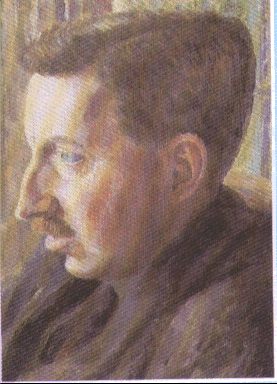
Passage to India Author Biography

E. M. Forster was born in 1879. His father died when Forster was one; his mother and an aunt raised him. He attended Tonbridge School in Kent and King’s College at Cambridge. His body of work includes novels, short stories, and criticism. He visited India in 1912, and he went again in 1921. Passage to India is his most famous work. The novel is dedicated to a Moslem friend, Syed Ross Masood, and their seventeen year friendship. One school textbook says of Forster: “He was staunchly opposed to imperialism, to capitalism, to ecclesiasticism, and to just about any other ism except for humanism” Literature The British Tradition. Paramount Ed. Englewood Cliffs: Prentice Hall 1994: 840). Also, the textbook characterizes the novel as follows: “[It] treats the difficulties that arise in attempting to establish personal relationships, [and] also delivers a prophetic glimpse of England’s relations with India” (84).
Look at the web page on issues for class discussion. Discuss whether the textbook version of Forster’s opposition to isms is essentially correct. If not, would major modifications to it be needed by readers of the novel who agreed with Edward Said’s critique of the novel?
Also, does the novel treat difficulties that could arise in any relationship, or are the difficulties different because Fielding is British and Dr. Aziz is an Indian Moslem? If they are different, how are they different?